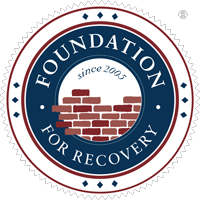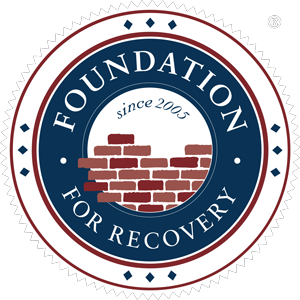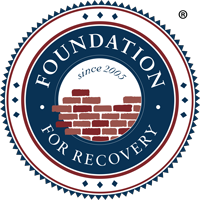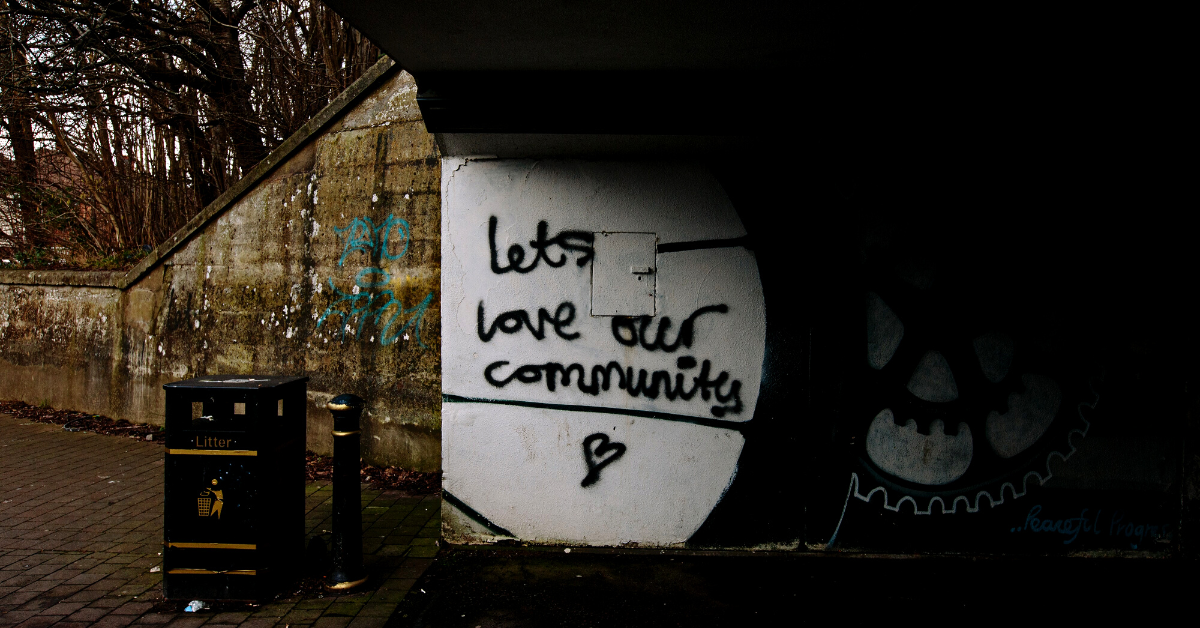Peer recovery support specialists (PRSS) are on the front lines of the addiction recovery movement. They provide a unique, specialized form of care that can be incredibly beneficial for individuals seeking to overcome addiction. But what does it take to become a peer recovery specialist? In this article, we’ll explore the qualifications, skills, and benefits of becoming a certified peer recovery specialist, as well as strategies for supporting others in recovery.
Introduction to Peer Recovery Support Specialists
Peer recovery support specialists (PRSS) are professionals who provide emotional and social support to individuals and families affected by addiction. They are uniquely qualified to provide this type of care because they themselves have struggled with addiction and have since achieved long-term recovery, specialized training, and certification through the Nevada Certification Board. PRSSs serve as mentors, advocates, and role models to people in recovery, helping them to gain the skills and confidence needed to live a successful, healthy life.
What is a Peer Recovery Support Specialist?
A peer recovery support specialist is someone who has experienced recovery from substance use disorder and has been trained to provide support, understanding, and guidance to people in recovery. PRSSs are specially trained to provide personalized support that is tailored to the individual’s unique needs. They are trained to recognize and address the unique challenges faced by those in recovery and to provide the necessary tools and resources to help their clients succeed.
PRSSs can work in a variety of settings, including hospitals, treatment and rehabilitation centers, correctional facilities, HR departments, and community-based programs. They provide a variety of services such as one-on-one coaching, group support, mentorship, and advocacy. The primary goal of peer recovery support is to help individuals in recovery gain the skills and confidence needed to lead successful, healthy lives. They also have the potential to earn a competitive salary and can enjoy the satisfaction of knowing they are making a difference in the lives of others.
Qualifications and Benefits of Becoming a Peer Recovery Support Specialist
In order to become a certified peer recovery specialist in Nevada, you must have a minimum of two years of sustained recovery from addiction, as well as a high school diploma or GED. You must also complete a training program approved by your state’s PRSS credentialing board. Training programs include a minimum of 46 classroom hours and cover topics on motivational interviewing, confidentiality, recovery planning, resource brokering and care coordination, the process of substance use and mental health recovery, documentation, and applicable state and federal laws.
In addition to the qualifications, there are many benefits to becoming a certified peer recovery specialist. As a PRSS, you will have the opportunity to help others in their recovery journey, which can be incredibly rewarding. You will also gain valuable experience in the field of addiction recovery, which can lead to other career opportunities.
How to Become a Certified Peer Recovery Support Specialist
To become a certified peer recovery specialist, you must first complete the necessary training program. Once you have completed the program, you can register as a PRSS Intern (PRSS-I) with the Nevada Certification Board. You can then seek employment or volunteer opportunities with several organizations with a state approved PRSS Supervisor to obtain your 500 hours of field experience and supervision. After achieving your hours through an internship, you are eligible to take the state-administered exam and apply for state certification.
A great option to consider for PRSS Interns is the Nevada Recovery Corps program. Through this unique initiative, PRSS interns are assigned to a designated host site for one year and serve a total of 900 – 1,200 hours providing peer support and leading education on overdose prevention strategies. Host sites may be a community treatment provider, recovery house, community center, prevention coalition, or health clinic. Interns will receive a small living allowance every two weeks during their service term and after completing the program will receive an education award which they can apply towards continued higher education and will be eligible for state certification.
Once you have become certified, you will need to complete ongoing training and education to maintain your certification. The exact requirements vary from state to state. In Nevada you must maintain 20 hours of approved continuing education credits every two years and apply for recertification.
Core Skills for Peer Recovery Support Specialists
One of the most important skills for a peer recovery support specialist is the ability to provide compassionate, non-judgmental support to others. PRSSs should also be knowledgeable about the various stages of addiction recovery and be able to provide practical advice and resources to help others succeed in their recovery.
In addition, PRSSs should have excellent communication and interpersonal skills. They should be able to build strong relationships with the individuals they work with and create a safe, supportive environment. They should also be able to recognize signs of recurrence of use and help develop a wellness management plan.
Through training, lived experience, and practice, peer recovery support specialists are knowledgeable and skilled in the domains of wellness and recovery support, advocacy, mentorship and education, and ethical decision making. Here are the essential core competencies of peer workers in behavioral health settings from the Substance Abuse and Mental Health Services Administration:
- Engages peers in collaborative and caring relationships: This category of competencies emphasized peer workers’ ability to initiate and develop on-going relationships with people who have behavioral health condition and/or family members. These competencies include interpersonal skills, knowledge about recovery from behavioral health conditions and attitudes consistent with a recovery orientation.
- Provides support: The competencies in this category are critical for the peer worker to be able to provide the mutual support people living with behavioral health conditions may want.
- Shares lived experiences of recovery: These competencies are unique to peer support, as most roles in behavioral health services do not emphasize or even prohibit the sharing of lived experiences. Peer workers need to be skillful in telling their recovery stories and using their lived experiences as a way of inspiring and supporting a person living with behavioral health conditions. Family peer support workers likewise share their personal experiences of self-care and supporting a family-member who is living with behavioral health conditions.
- Personalizes peer support: These competencies help peer workers to tailor or individualize the support services provided to and with a peer. By personalizing peer support, the peer worker operationalizes the notion that there are multiple pathways to recovery.
- Supports recovery planning: These competencies enable peer workers to support other peers to take charge of their lives. Recovery often leads people to want to make changes in their lives. Recovery planning assists people to set and accomplish goals related to home, work, community and health.
- Links to resources, services, and supports: These competencies assist peer workers to help other peers acquire the resources, services, and supports they need to enhance their recovery. Peer workers apply these competencies to assist other peers to link to resources or services both within behavioral health settings and in the community. It is critical that peer workers have knowledge of resources within their communities as well as on-line resources.
- Provides information about skills related to health, wellness, and recovery: These competencies describe how peer workers coach, model or provide information about skills that enhance recovery. These competencies recognize that peer workers have knowledge, skills and experiences to offer others in recovery and that the recovery process often involves learning and growth.
- Helps peers to manage crises: These competencies assist peer workers to identify potential risks and to use procedures that reduce risks to peers and others. Peer workers may have to manage situations, in which there is intense distress and work to ensure the safety and well-being of themselves and other peers.
- Values communication: These competencies provide guidance on how peer workers interact verbally and in writing with colleagues and others. These competencies suggest language and processes used to communicate and reflect the value of respect.
- Supports collaboration and teamwork: These competencies provide direction on how peer workers can develop and maintain effective relationships with colleagues and others to enhance the peer support provided. These competencies involve not only interpersonal skills but also organizational skills.
- Promotes leadership and advocacy: These competencies describe actions that peer workers use to provide leadership within behavioral health programs to advance a recovery-oriented mission of the services. They also guide peer workers on how to advocate for the legal and human rights of other peers.
- Promotes growth and development: These competencies describe how peer workers become more reflective and competent in their practice. The competencies recommend specific actions that may serve to increase peer workers’ success and satisfaction in their current roles and contribute to career advancement.
Strategies for Supporting People in Recovery
One of the most important strategies for PRSSs is to provide a safe, supportive environment for the people they support. This means creating an environment that is free from judgment and stigma. PRSSs should also provide their clients with resources and information about addiction recovery and help them to develop a plan for success.
Another strategy for PRSSs is to be aware of the various stages of recovery and to provide support during each stage. This includes providing encouragement during the early stages of recovery, helping clients to develop coping skills for managing cravings, and providing support if someone has a recurrence of use.
The Role of Mentors in Recovery
Mentorship is an important part of the recovery process. PRSSs can serve as a mentor and role model for the people they support, offering guidance and support as they work to achieve their goals. Mentors can help to provide structure, accountability, and motivation to help their clients stay on track with their recovery.
Mentors can also provide feedback and advice on how to manage triggers and cravings, as well as helping their clients to develop a plan to prevent recurrence of use. Mentors should also be aware of their clients’ mental health needs and be prepared to provide additional resources and support as necessary.
How Peer Support Services Can Enhance Addiction Treatment Outcomes
Peer support services can be an invaluable resource for those in recovery, helping to reduce the likelihood of recurrence of use and improve overall treatment outcomes. PRSSs can provide one-on-one coaching and support, as well as peer-led support groups. These services can provide an additional layer of support to supplement traditional addiction treatment services, helping to ensure the people they support are able to achieve long-term success.
Conclusion
Peer recovery support specialists play an important role in the addiction recovery movement. They provide a unique form of specialized care that can be incredibly beneficial for those seeking to overcome addiction. Becoming a certified PRSS requires dedication and commitment, but the rewards can be great. Not only can PRSSs provide invaluable support and guidance to those in recovery, but they can also enjoy the satisfaction of knowing they are making a difference in someone’s life.
If you are looking for an opportunity to make a difference in the lives of others, becoming a certified peer recovery specialist may be the perfect fit for you. With the right qualifications and skills, you can unlock your potential and help others in their recovery journey.
Sign up for the next peer recovery support specialist certification training at educate.forrecovery.org and explore the Nevada Recovery Corps program.



